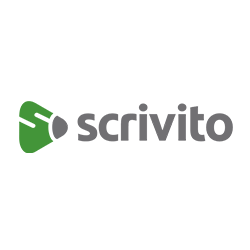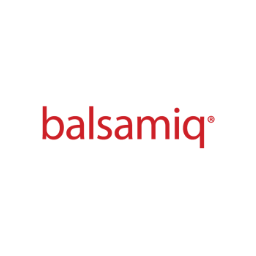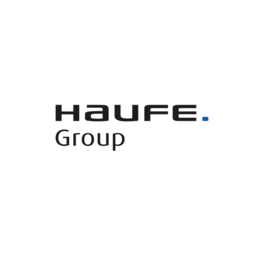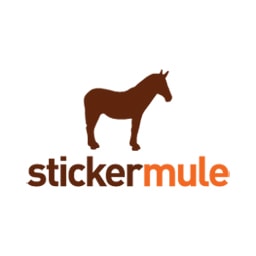
Dirty Little Tricks From The Dark Corners of eCommerce
Full-day workshop • Wednesday September 12th
In this workshop, we will use real-life examples as a case study and examine refinements of the interface on spot. I’d like to set up a very clear roadmap on how we can do the right things in the right order to improve conversion and customer experience. That means removing distractions, minimizing friction and avoiding disruptions and dead ends caused by the interface.
An average abandonment rate in eCommerce is around 65–68%. Often it’s caused by ambiguous buttons, labels or copywriting as well as severe problems related to finding or understanding products as well as slow and painful checkout experience. We can’t bring the abandonment rate to 0, but we can shave off at least 10% with some minor and straightforward optimizations.
In the workshop, we’ll be looking into:
Psychology of eCommerce
How do people buy, and when? What role does time, distractions, working hours, interface copy play for buying decisions? How do we streamline the decision making process by helping out customers with thinking and reasoning? We need to understand in which state customers are and what is important to them before we start designing for them.Category Product List + Filtering
People can’t buy items that they can’t find or don’t understand. We’ll look into optimal ways to listing items and allowing customers to filter them, on desktop and on mobile. It includes navigation, search, sorting, compatibility, carousels, filters, feature/attribute comparison, zero-results-pages, configurable items and faceted search as well as search hits coming through search engines.Product Page + Shopping Cart page
What do we need to communicate on the product page and what should we keep in mind to convince the customer about the value of a product? We’ll look into images, specs, compatibility details, reviews, labelling, categorization, shipping details, availability details, ship-to-store options etc. We’ll also explore how to deal with FAQs, complementary and related products and recently viewed products.Checkout experience
Checkout comes in different flavors. What to choose: multi-step checkout, one-step checkout or accordion-style-checkout? We’ll be spending a significant amount of time looking into all the fine details of shopping cart, account creation, personal information, shipping and store pickup, form labels, error messages, payment flow and methods, delivery times, credit card input, data input in general, smart default, security seals, positive validation, autocomplete lookup and progressive checkout.Optimizing For Mobile
Yes, the conversion on mobile is still much lower than on desktop, but it’s growing rapidly year after year. Most eCommerce websites provide a subpar eCommerce experience and that’s an opportunity for growth. However, mobile is a different beast, and the user behavior there is different compared to desktop. We’ll look into searching, filtering, listing and labelling items, performance issues and copywriting ambiguity as well as layout and interaction design for the checkout experience.New opportunities
The technology doesn’t stand still. To take experience to the next level we can use an (almost) 1-Click-checkout with Payment Request API, third-party payments like Stripe, Apple Pay etc. or use Facebook Messenger chatbots or some sort of conversational interface to sell items and provide assistance. We’ll look into trends and what companies out there are doing to innovate in the eCommerce space.Decreasing Abandonment Rates
Tiny details matter. To reduce abandonment, we need to pay close attention to displaying final price up front, paying a lot of attention to details and consistency of thumbnails, eliminate hidden costs, deal with wrong data input, crafting error messages as well as paying attention to return policy and shipping time etc. We’ll set up a holistic strategy for decreasing abandonment — going from the homepage all the way to order confirmation email.
By the end of the day, we'll have a detailed strategy of practical, tangible next steps to improve the interface, ranging from quick wins to long-term strategic changes.
This workshop is limited to 20 seats.
Location
Historisches Kaufhaus
Münsterplatz 24
79098 Freiburg im Breisgau, Germany
Germany
Google Maps
Schedule for Wednesday, Sept 12th
8:30 – Doors open, Registration
9:00 – Introduction & Kick-off
11:00 – Coffee Break
12:30 – Lunch
13:30 – Afternoon Session
15:00 – Coffee Break
17:00 – The End, Networking
- On the Web
- http://smashingmagazine.com
- On Twitter
- @smashingmag
- Workshop includes
-
- Snacks and drinks during the whole day
- Tea and coffee
- Lunch
- Paper and pen/pencil






